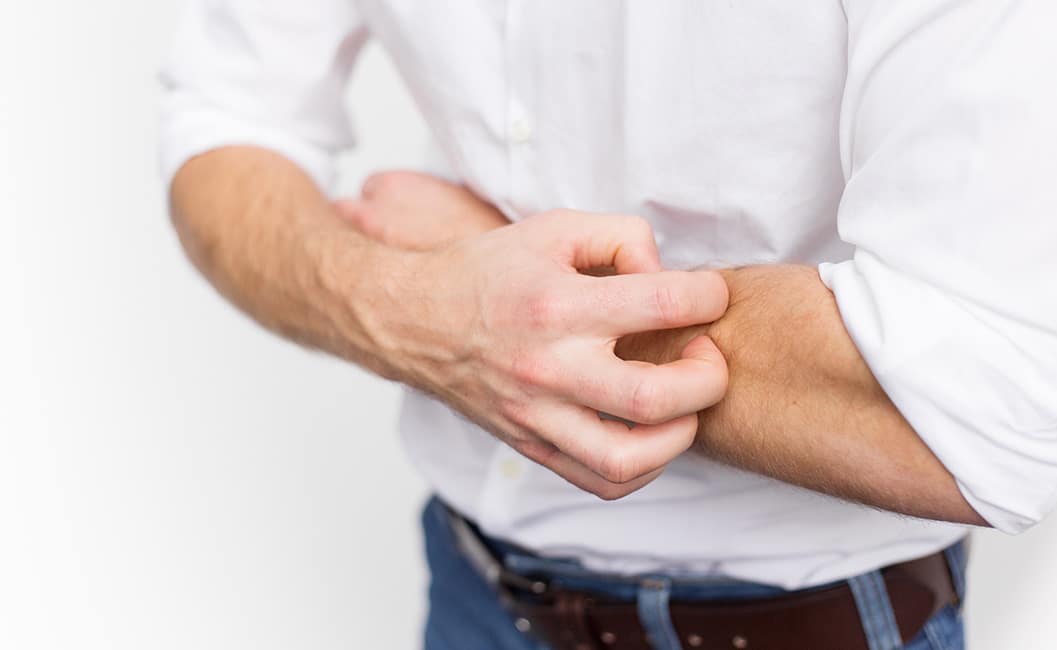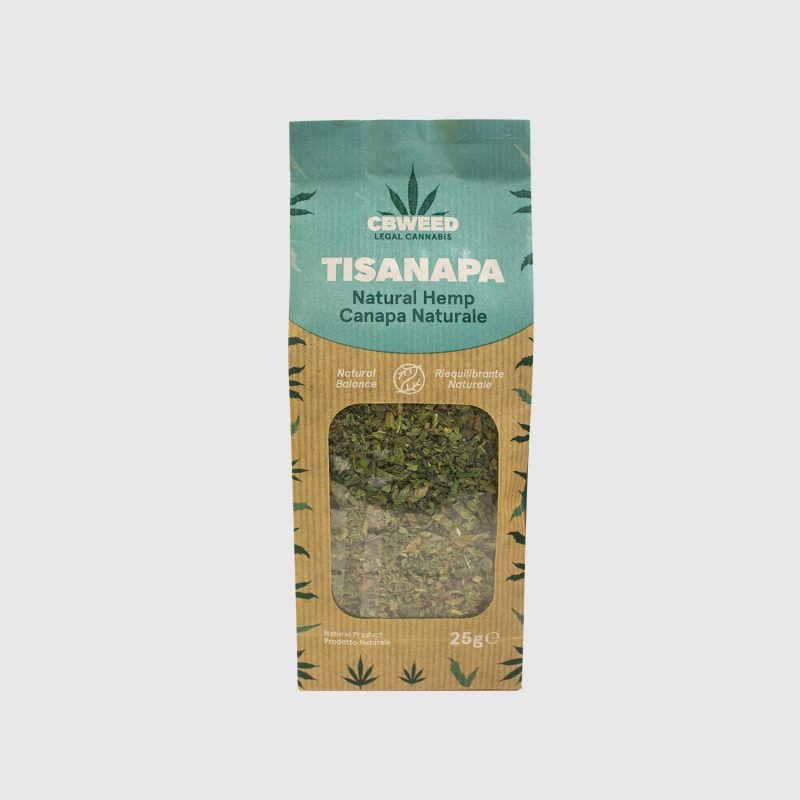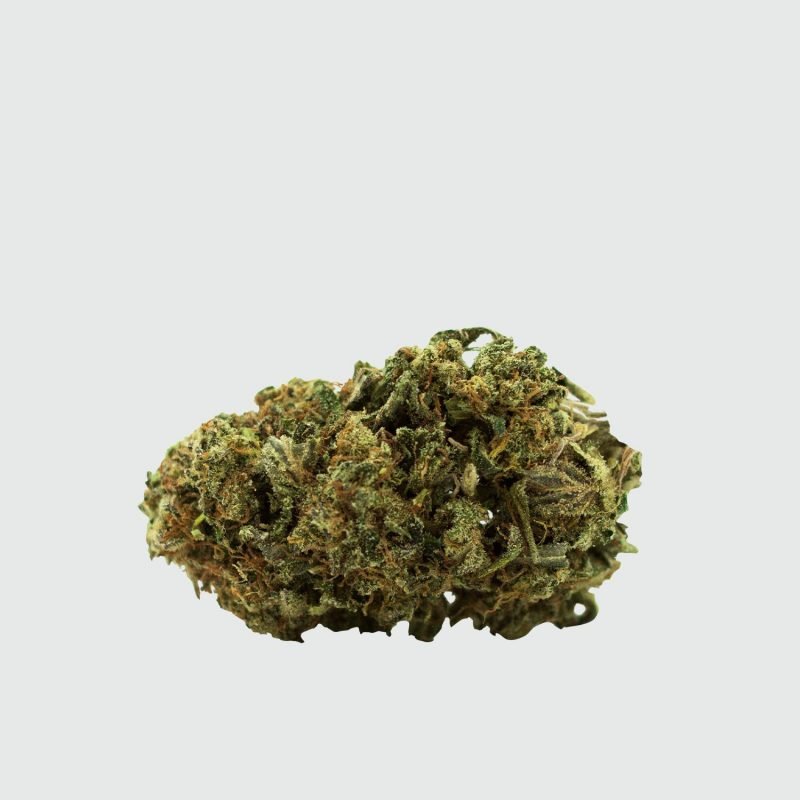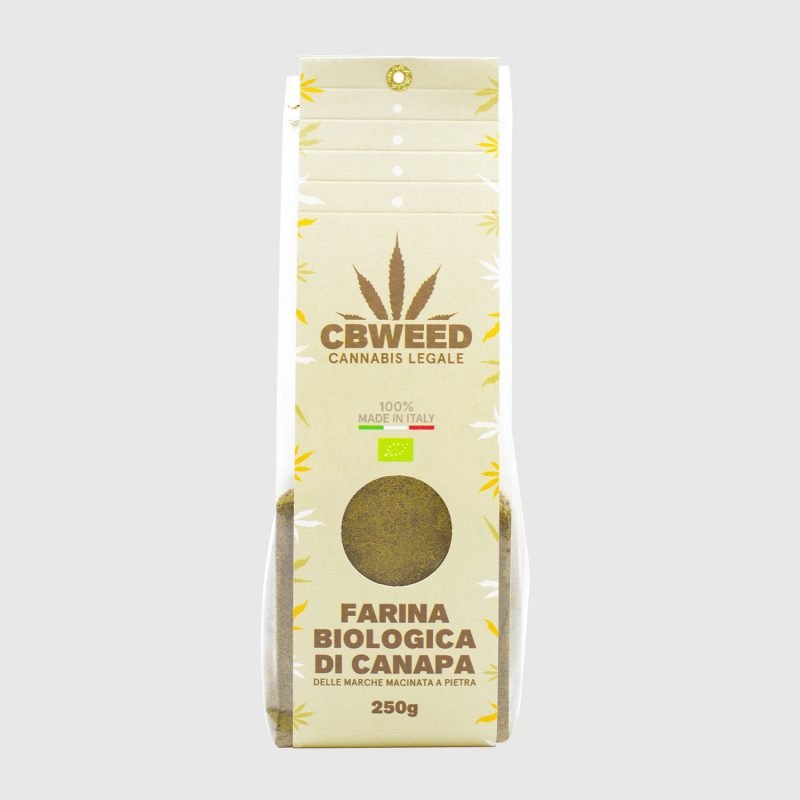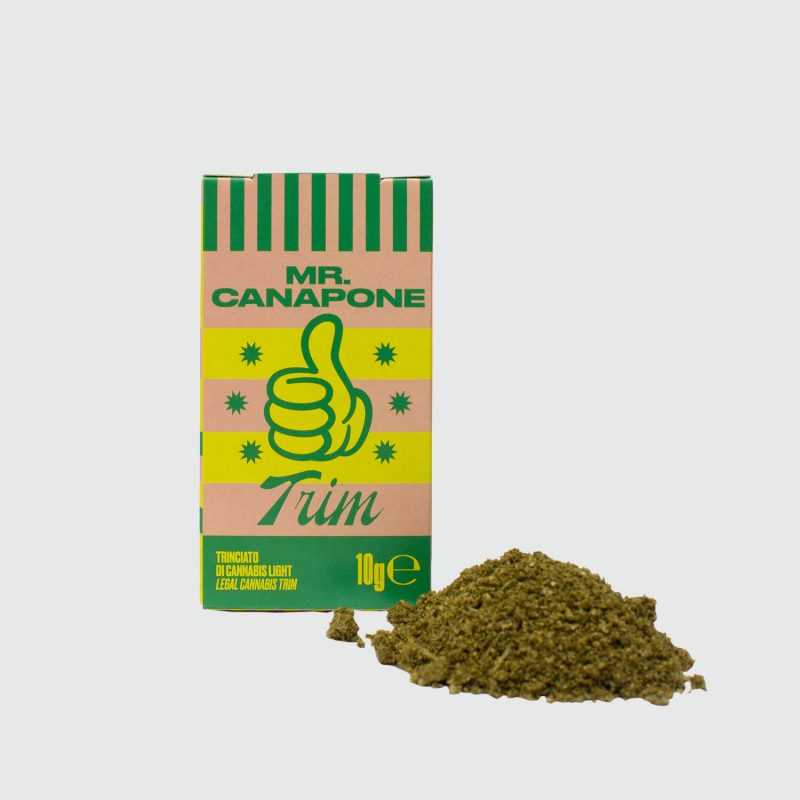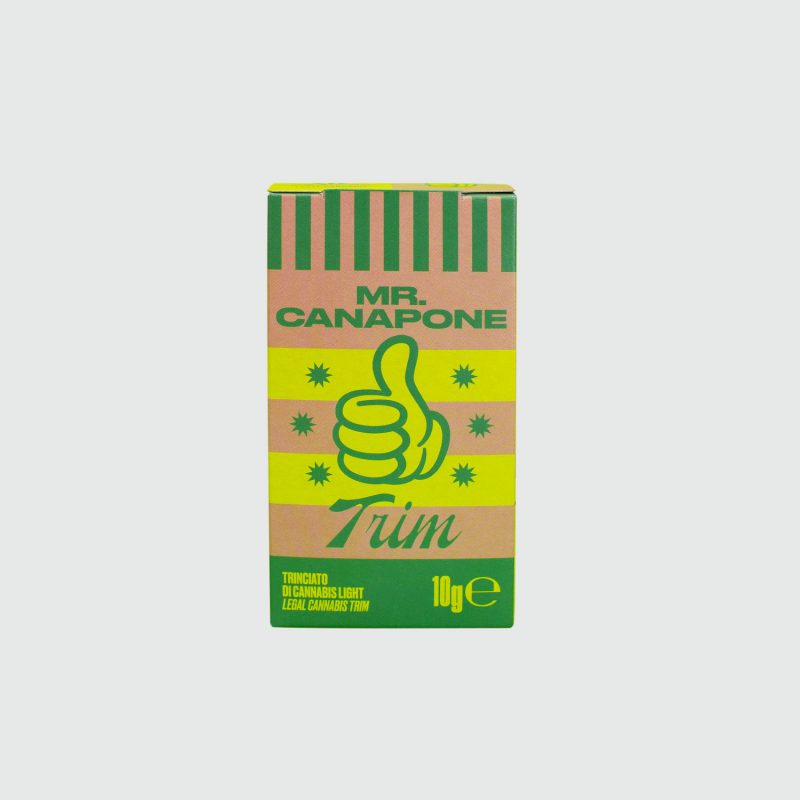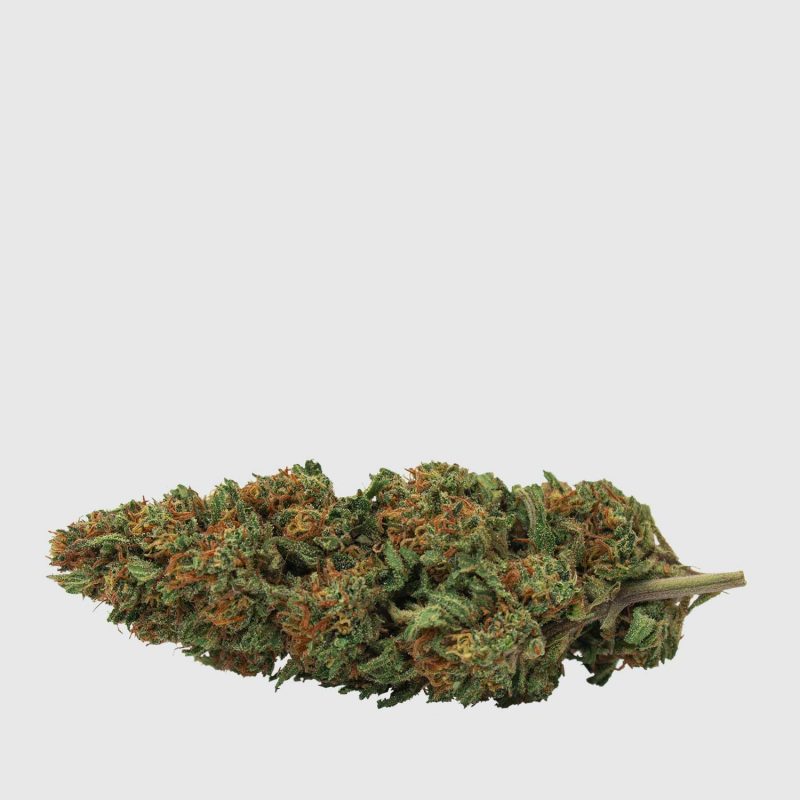Treating psoriasis with cannabis light and CBD: is it possible?
Psoriasis is an inflammatory condition of the skin that affects almost 3% of the world population and that today does not have an effective specific cure. Many clinical studies have shown that cannabis can be particularly useful in managing the symptoms of this disease and also being a potential form of treatment. Let’s see why together.
What is Psoriasis?
Psoriasis is considered an abnormal medical condition rather than a real pathology. It is, in fact, a growth disorder and activity of keratinocytes (the most abundant cells in the epidermis) that usually tends to manifest itself with a chronic and recurrent course with the formation of red embossed skin plaques with whitish scales. Psoriasis affects all age groups (although it is often found in predisposed infants) and its manifestations can affect almost all parts of the body. The treatments available are usually anti-inflammatory, antibacterial and emollient in the skin for the milder forms, while for the critical ones there are systemic treatments such as immunosuppressants and anti-inflammatories, but which often have limited results and quite important side effects. Furthermore, psoriasis has a strong impact on the emotional and social sphere of the person who usually has to resort to antidepressant drugs.
The causes of psoriasis
To date, the specific causes of the onset have not been demonstrated yet, but the studies suggest that there is a correlation to skin trauma, streptococcal infections, the use of aggressive pharmacological therapies (such as systemic corticosteroids and beta-blockers), exposure to particular environmental factors along with the onset of a genetic basis. Stress is also universally considered to be a specific trigger for psoriasis, especially in those with a tendency to somatize at the skin level.
Symptoms of psoriasis
As we have said, the immune system starts to have dysfunctional reactions and triggers excessive production of skin cells which, in the most common forms of psoriasis, accumulate in thick keratinous patches with an inflamed and scaly appearance. The most affected areas are elbows and knees, but the whole body can be involved. The forms in which the pathology manifests are however different, in some cases the patches tend to be broad and extended, in others to form spots scattered all over the body or in others still to appear in the form of infected pustules. Generally, the affected areas are susceptible and itchy; in some situations, it presents an arthritic pain. In addition to all these physical symptoms, the person with psoriasis can often also suffer from depression, anxiety, and social isolation due to the highly disfiguring manifestations of the disease.
Cannabis and psoriasis
Scientific research is proving more and more every day the benefits that the topical use of cannabis derivatives can bring to treating the disease. In particular, we talk about products containing CBD (cannabidiol) or THC (legal substance only after a medical prescription otherwise considered amazing). These substances present mainly in cannabis inflorescences are called cannabinoids and have a strong ability to interact with the immune system by stimulating regulation. This regulatory action takes place thanks to the affinity of cannabinoids of cannabis with the endocannabinoid system, a network of mediators and receptors that have a significant role in stimulating the immune system and managing inflammation. In short, these molecules would be able to help the body regain balance, limit the immune system’s unmotivated reactions and at the same time treat inflammation. It is very simplified reasoning: if you want to investigate these cannabinoid activities for psoriasis and the relationship between the endocannabinoid system, inflammation and the immune system with scientific research, we advise you to read these fascinating articles:
www.jdsjournal.com/article/S0923-1811(06)00315-X/fulltext
www.ncbi.nlm.nih.gov/pmc/articles/PMC3791996/
www.ncbi.nlm.nih.gov/pmc/articles/PMC2757311/
Cannabis and mental health for people with psoriasis
Psoriasis is a disease that for many has a chronic and relapsing course and you must learn to accept the fact that once you appear, you have a high chance of having to live with it for life. Obviously the appearance of disfiguring skin patches in more or less exposed areas has a considerable impact on the social sphere, even more understandable if we consider that in many cases the appearance of the first symptoms manifests itself in childhood or adolescence, moments in which it is very easy to incur in forms of stigma and isolation. The stress deriving from the negative impact of the disease on the social sphere and the fact that often the affected persons are already formerly subjected to intense emotional problems make psoriasis and depression strongly correlated. CBD can also help in this, because according to many studies it is also an instant remedy for anxiety, depression and states of emotional alteration, as this clinical study shows: www.ncbi.nlm.nih.gov/pmc/articles/PMC6319597/ ( we talked about it in this article)
How to use CBD for psoriasis?
The topical products based on CBD are many, and creams, oils, shampoos, various ointments and are available at multiple concentrations of CBD. It is recommended for those who need to soothe the symptoms of many forms of dermatitis, including that caused by psoriasis. The higher the concentration and the better the effect obtained. For this reason, the concentrated extracts of CBD oil are highly recommended for cutaneous application as well as for food intake to act on two levels, local and systemic action. Food intake or vaporization can also be effective as emotional support to help keep anxiety and depression under control.


 Italiano
Italiano

